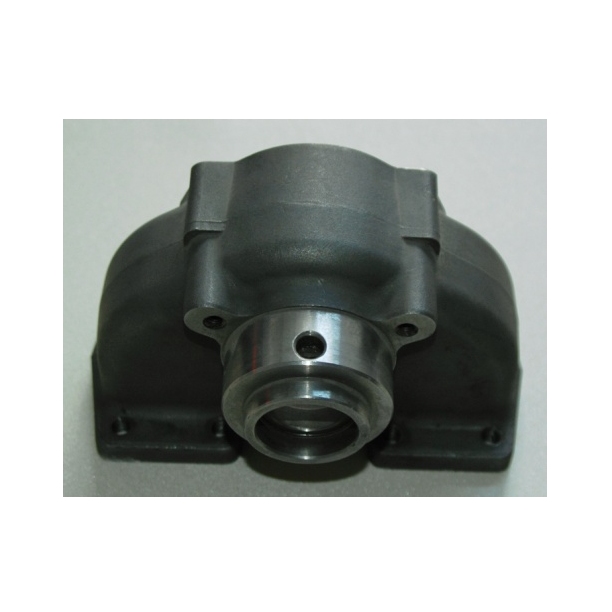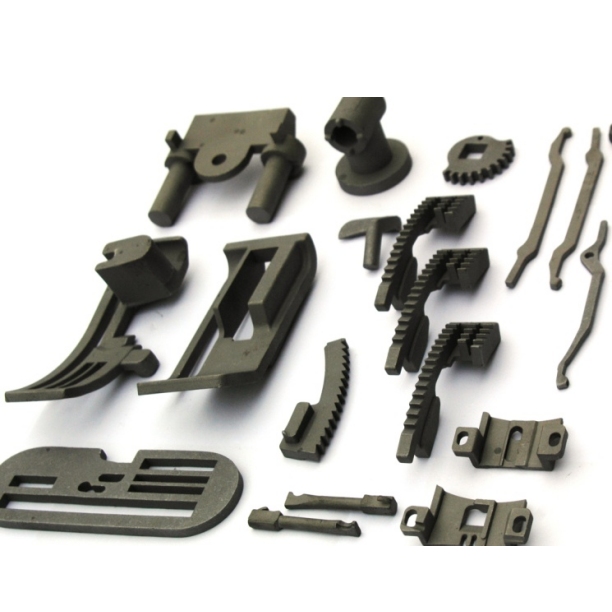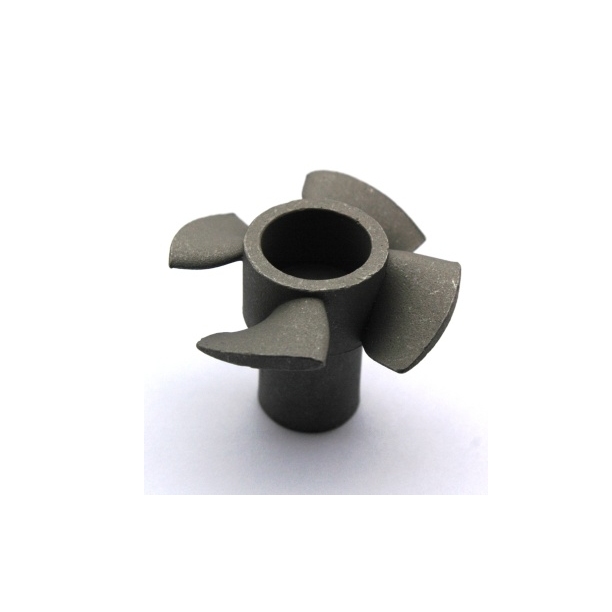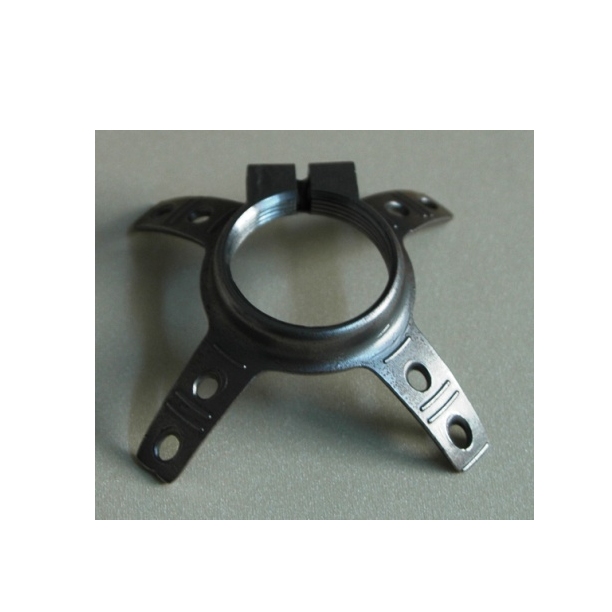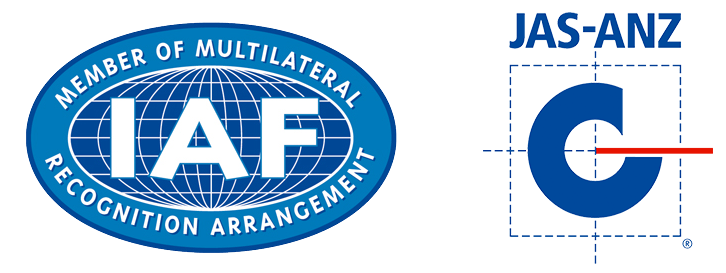Investment Casting Process
Investment Casting Process
-
CLUSTER

-
CERAMIC MOLD

-
INVESTMENT CASTING

-
COMPONENT








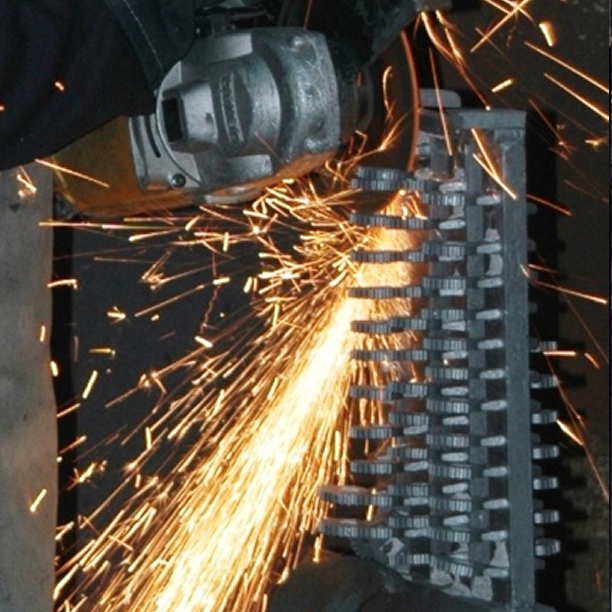
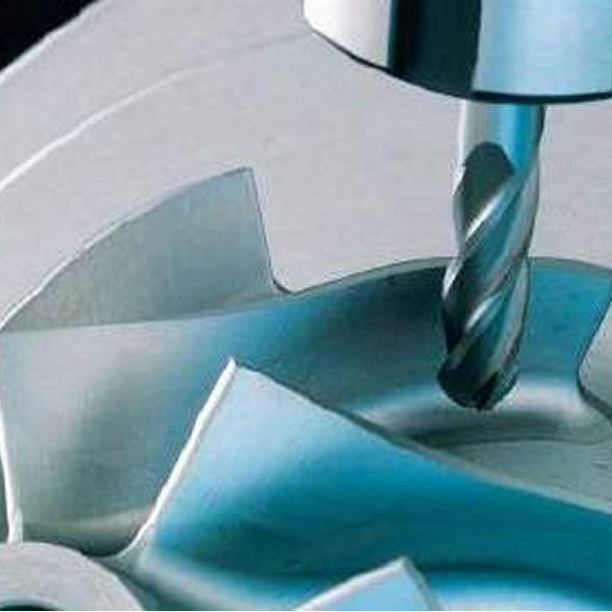
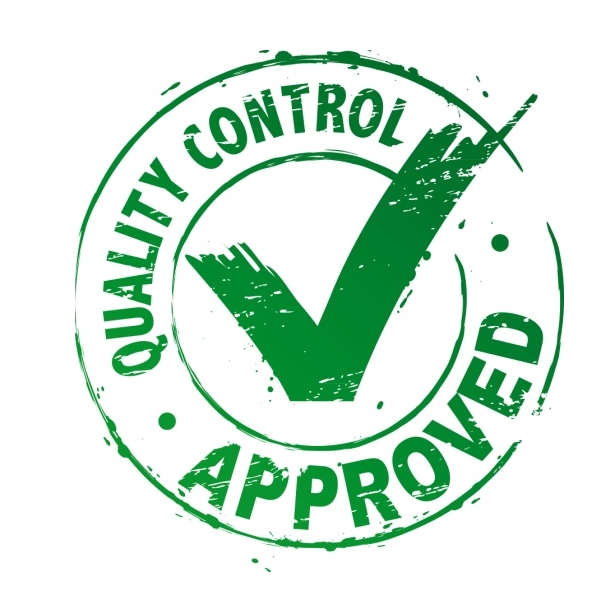
Variety of Cast Alloys
Egeli Precision Casting is capable of casting hundreds of alloys in both the Iron-Steel Group and the Non-Ferrous Group.
In the Iron-Steel Group, Egeli Precision Casting is capable of casting non-alloy, low-alloy, and high-alloy steels, as well as Nickel and Cobalt-based alloys.
In the Non-Ferrous Group, Egeli Precision Casting is capable of casting all suitable Aluminum and Copper alloys for casting.
Due to our expertise in materials science, we collaborate with our customers in selecting the most suitable material for service conditions and provide all our knowledge and experience as an integral part of creating added value.
While there is an endless number of alloys that can be cast in our foundry, the most commonly requested alloys are listed below:
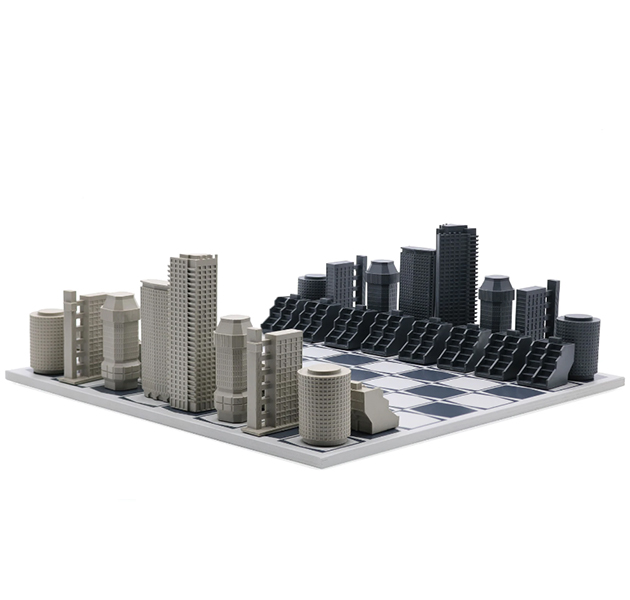
Alloys We Can Pour:
Austenitic Stainless Steel
Tool Steel
Cobalt Base Alloys
Low Alloy and Carbon Steels
Nickel Base Alloys
Copper Alloys (Brass / Bronze)
Martensitic Stainless Steel
Aluminium Alloys
From Idea to Product

We collaborate with our customers to realize designs related to materials, geometry, and production processes, starting from the idea or rough design stage all the way to a finished, usable product.

We take full responsibility for the production of all molds and tooling, utilizing our experienced mold makers who are capable of accurately replicating the shrinkage rates of materials such as wax, ceramics, and cast metals in different geometric sections, all in a single mold.

We take responsibility for the production of designs that require other manufacturing methods, in addition to our core competencies in investment casting and machining, through our subsidiaries or partner organizations. These production methods are employed when necessary to meet specific design requirements, ensuring a comprehensive and integrated manufacturing solution for our customers.
- Forging
- Extrusion
- Injection molding
- Coating
- Heat treatment
- Surface treatments
- MIM
These are just a few examples of other manufacturing processes that we can mention.

In general, among our services that can be summarized as material/product characterization, we can mention dimensional inspection, chemical analysis, microstructure analysis, mechanical testing, and non-destructive testing methods.
Products






